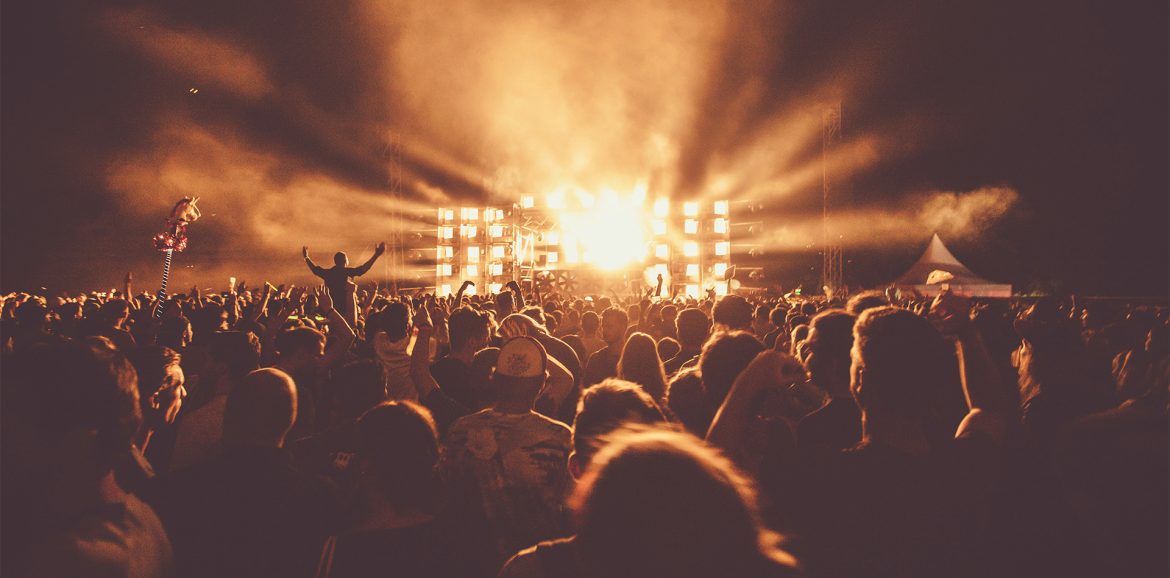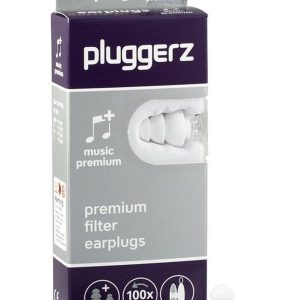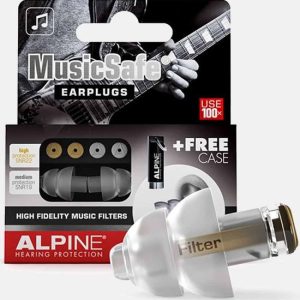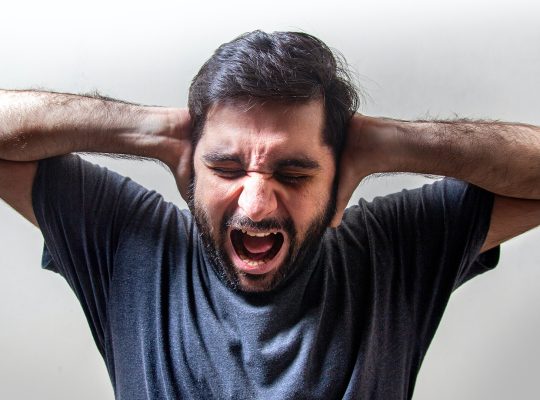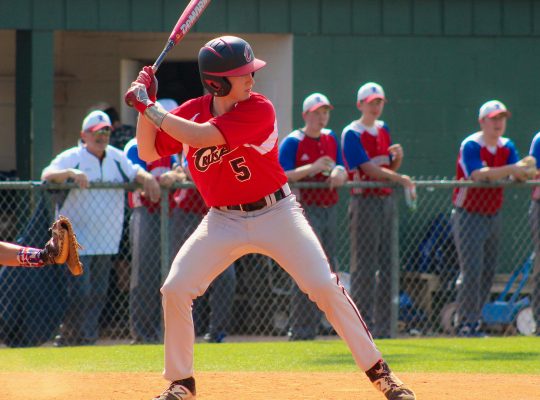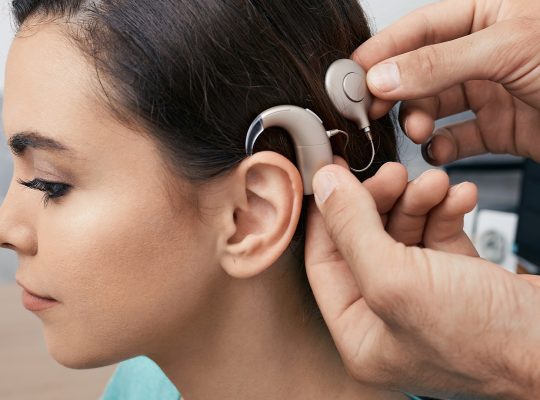Have you ever seen your favorite band live? The music, the atmosphere, the energy in the room. Everything feels great. But afterwards, you may have noticed that your ears are ringing or sounds are muffled. This can be a sign of hearing damage. Hearing damage can be permanent and it is more common than you think, especially after concerts. In this blog, we explain what hearing damage is, how it occurs, and what you can do to prevent it.
What is Hearing Damage?
Hearing damage is damage to your hearing, usually caused by too loud noises. It may be temporary, but often it is permanent. There are different forms of hearing damage. One well-known form is tinnitus. This is a constant squeak or noise in your ear, even when it is quiet around you. Another form is hearing loss. This means you can no longer hear sounds as well or at all.
How Does Hearing Damage Occur?
Our ears are sensitive. Inside the ear are very small hairs, the hair cells. These hair cells capture sound and transmit it to your brain. If you listen to music that is too loud for too long, these hair cells can become damaged. Damaged hair cells do not recover. Once damaged, they remain damaged, which can lead to permanent hearing damage.
Sound is measured in decibels (dB). A normal conversation is around 60 dB. A concert can be as high as 120 dB or more. The higher the number of decibels, the greater the risk of damage. You can already suffer hearing damage at sounds above 85 dB, especially if you are exposed to it for a long time.
What Do You Feel With Hearing Damage?
After a concert, you may notice that your ears are squeaking or that your hearing is impaired. This may last a few hours, but sometimes it stays longer. This is a sign that your ears are overloaded. We call this temporary hearing damage. If you often listen to loud music, these symptoms may persist. Then the damage is permanent and there is nothing you can do about it.
Tinnitus, the ringing in your ear, is one of the most common complaints after a concert. It can be disturbing, especially when you want to sleep or when it is quiet around you. Hearing loss is less immediately noticeable, but it can significantly affect your daily life. You may have trouble following conversations or hearing certain sounds.
How to Prevent Hearing Damage.
Fortunately, you can do a lot yourself to prevent hearing damage. Here are some tips:
- Wear Earplugs: During a concert, you can wear earplugs. There are special earplugs that soften the sound without impairing your ability to hear the music. These earplugs filter the sound so that your ears are less burdened.
- Take Occasional Breaks: Go outside or to a quieter place once in a while to give your ears some rest. This can help prevent hearing damage.
- Don’t Stand Too Close to the Speakers: The closer you stand to the sound boxes, the louder the sound. Try standing a little farther away, where the sound is a little softer.
- Watch the Duration of Exposure: The longer you listen to loud music, the greater the risk of damage. Try not to stay in an environment with loud sound for too long.
- Use a Sound Meter App: There are apps that measure the sound level around you. This way you can see how loud the sound is and decide if you need to put in earplugs.
Our favorite earbuds
Some people think that earplugs will prevent them from enjoying the concert at all. Nothing could be further from the truth. Nowadays, earplugs have very sophisticated filters that do protect your ears but do not detract from the sound. These are our favorites:
What to Do In the Event of Hearing Damage?
If after a concert you notice your hearing is impaired or you hear a squeak, it is important to give your ears a rest. Avoid loud noises and give your ears time to recover. If the symptoms do not subside after a few days, it is wise to see an audiologist(i.e. us) or family doctor. The family doctor can refer you to an ENT doctor, who can test your hearing and give advice.
It is also important to be aware of the risks. Hearing damage can occur very gradually. You may not notice an immediate decrease in your hearing, but in the long run it can have consequences. That is why it is good to always be careful with your ears.
The Impact of Hearing Damage on Your Life.
Hearing damage can affect your life in several ways. First, it can be difficult to follow conversations properly. Especially in a busy environment, such as a restaurant, this can be very annoying. It can also cause you to enjoy music or movies less because you can’t hear certain tones as well.
In addition, tinnitus, the constant beeping in your ear, can be very disturbing. It can affect your concentration, disturb your sleep, and even lead to stress or depression. People with severe tinnitus sometimes have difficulty functioning normally in their daily lives.
Hearing damage can also have social consequences. You may have difficulty having conversations, especially when there is background noise. This may cause you to withdraw more or participate less in social activities.
Hearing damage is irreversible
The important thing to remember is that hearing damage is often permanent. The hair cells in your ears cannot recover. This means that once you have hearing damage, you cannot repair it. This is why prevention is so important. Take good care of your ears, especially if you often go to concerts or listen to loud music.
Conclusion
Hearing damage is a serious problem that often occurs after attending concerts. It can result from exposure to loud music and can lead to permanent hearing problems such as tinnitus and hearing loss. Fortunately, there are steps you can take to protect your hearing, such as wearing earplugs and taking breaks during a concert.
It is important to be aware of the risks and protect your ears properly. Hearing damage is often irreversible, so prevention is key. Make sure you can still enjoy music after a concert without your hearing suffering.
Be careful with your ears. You only have two, and if they are damaged, there is no going back. Remember: enjoying music is great, but do it in a safe way.

